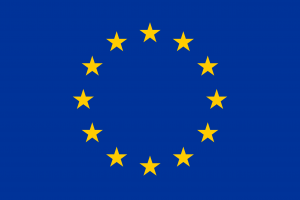Brussels: In a comprehensive statement delivered under item 4 during the ongoing 57th session of the United Nations Human Rights Council, the European Union reiterated its concerns about the continuous dire human rights situation in Tibet, highlighting the obligatory boarding schooling, mass DNA sampling and closure of Tibetan schools.
Additionally, the EU highlighted the harassment, intimidation and surveillance faced by human rights defenders, lawyers, journalists, media workers, writers and intellectuals, including at transnational level. They also continue to face exit bans, house arrest, torture and ill-treatment, unlawful detention, sentencing and enforced disappearance including though Residential Surveillance in a Designated Location (RSDL) that could amount to torture and ill-treatment.
Furthermore, the EU urged China to uphold its obligations under national and international law, including its own Constitution to respect, protect and fulfil human rights for all, including Tibetans.
The EU reaffirmed its commitment to closely monitoring the preservation of fundamental freedoms, cultural heritage and identity of Tibetans and called on China to ensure full bilingual education both in Tibetan and Chinese at all levels of the schooling system.
Finally, the EU encouraged China to allow more visits from the International Community, UN Special Procedures Mandate Holders and civil society organisations to Tibet. It also called for the immediate and unconditional release of Anya Sengdra, Chadrel Rinpoche, Go Sherab Gyatso, Golog Palden, Semkyi Dolma and Tashi Dorje, among others.
Welcoming the statement, Representative Rigzin Genkhang of the Office of Tibet Brussels expressed gratitude to the European Union for its commitment to addressing the dire human rights violations in Tibet and urged for continued support.
The full statement is available here.
-Report filed by Office of Tibet, Brussels




